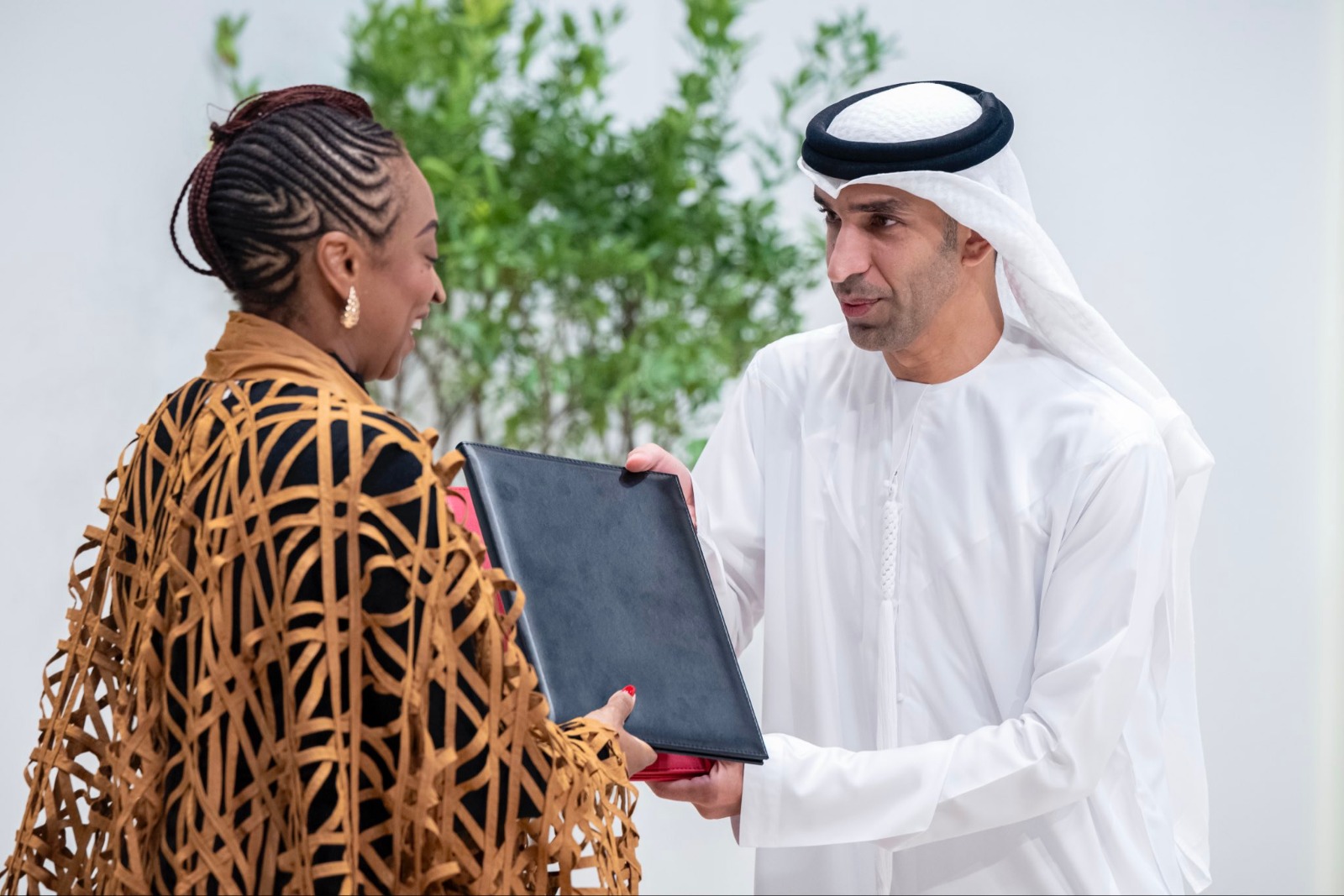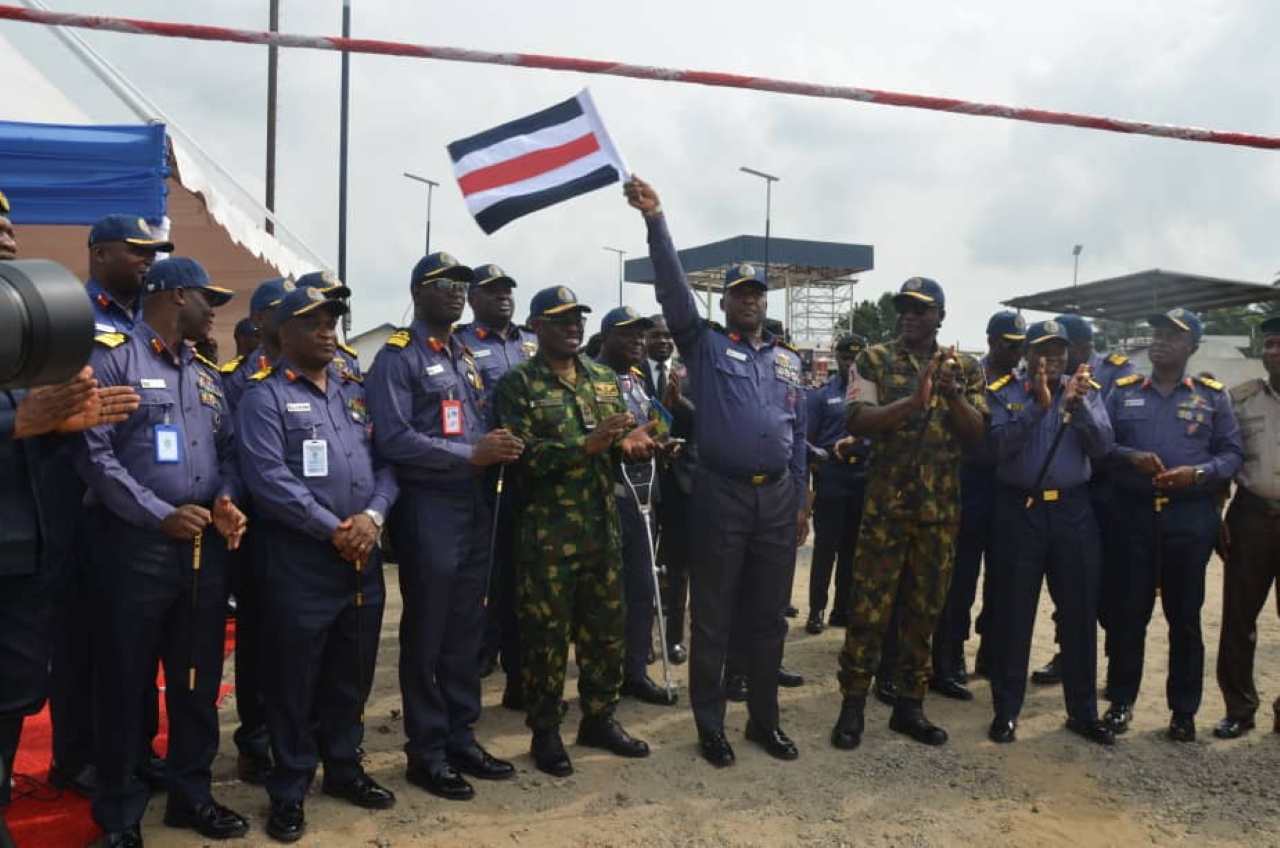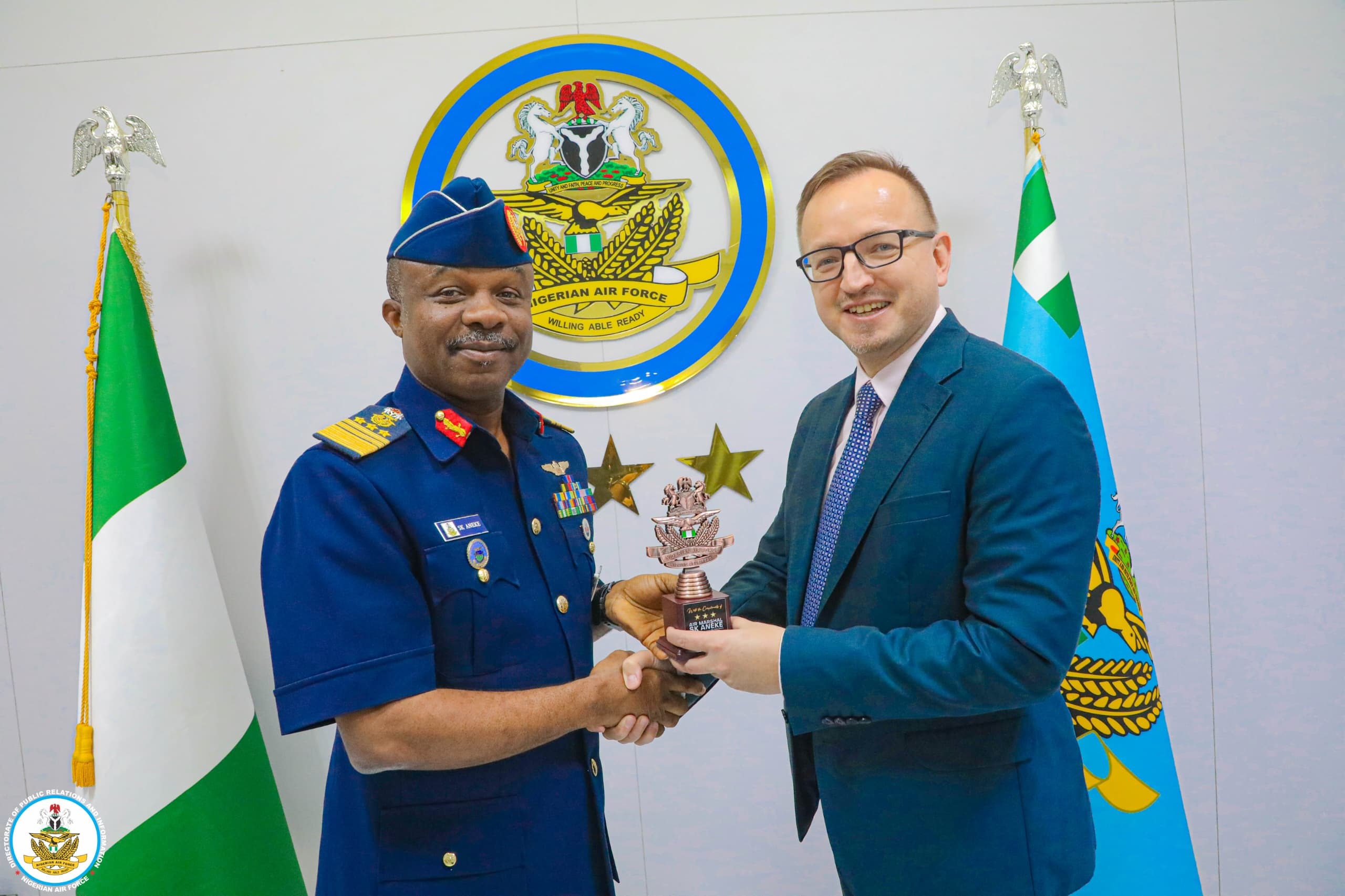Social Democratic Party (SDP) presidential candidate in the 2023 general election, Prince Adewole Adebayo, has urged Northern leaders to use their moral influence and institutional soft power to rebuild Nigeria’s unity and restore purposeful governance.
Adebayo made the call during a courtesy visit to the Arewa Consultative Forum (ACF) headquarters in Abuja, where he was received by the Chairman of the Forum’s Board of Trustees, Alhaji Bashir Muhammed Dalhatu, and other senior members of the northern leadership body.
In a wide-ranging address described by observers as both reflective and reformist, Adebayo warned that Nigeria’s political direction risks further fragmentation if non-partisan voices such as the ACF fail to drive a constructive national conversation.
“Northern Nigeria is not for foreigners alone; it is the crown jewel of the Nigerian state,” he said. “The journey to nationhood started in 1914. There is no reverse gear in the vehicle of Nigeria.”
The former presidential candidate outlined three key themes for Nigeria’s renewal: redefining the North’s place in national destiny, replacing episodic politics with developmental governance, and empowering a new generation of accountable leaders.
Adebayo lamented what he called “episodic governance,” contrasting it with Nigeria’s early years of coordinated development planning. He cited the first National Development Plan (1960–1965) as a model of continuity that transcended party lines.
“Wherever you were, whichever party came to government—whether NCNC, Action Group, or NPC—it was one National Development Plan,” he said. “Today, we’ve abandoned such discipline. Many projects started in the 1960s—like Ajaokuta Steel and key dams in the North—remain unfinished, while politics dominates the national agenda.”
He expressed dismay that Nigeria has lost consensus even on fundamental issues such as sovereignty and the sanctity of human life. “Even the loss of lives can’t generate agreement that nobody should be killed,” he said.
Turning to the issue of national unity, Adebayo described the ACF and other socio-cultural organisations such as Ohanaeze Ndigbo, Afenifere, and PANDEF as “soft institutions” that serve as the moral reserve of the nation. He said such groups must stand ready to hold the fabric of Nigeria together whenever statutory state institutions fail.
“If the institutions of state—the statutory institutions under politicians—fail, as they often do, there must be a fallback. That fallback is you,” he told the northern elders.
Adebayo also warned that religious polarisation has become a dangerous tool of division in contemporary Nigeria, distorting humanitarian priorities and political inclusion. “In the past, you couldn’t stand up in the North and declare yourself a Christian leader or a Muslim leader; people would laugh. Today, religion determines appointments and even responses to tragedy. That is not the Nigeria we inherited,” he said.
He called for a generational handshake between the old and the young, saying Nigeria’s future must be secured through shared responsibility.
“We didn’t attend Lancaster House in 1960 or the 1977 Constitutional Conference, but we love this country too,” Adebayo said. “The politics we will do will leave no one behind. It will not be based on origin but on accountability. We will give a government that is incorruptible, that provides services, and where ministers are truly accountable.”
Adebayo stressed that his visit was not political, describing it as a national consultation aimed at building bridges ahead of 2027. “We have come here as Nigerians who want to have certain conversations before partisanship takes over,” he said.
In his response, Alhaji Bashir Dalhatu welcomed Adebayo’s vision and reaffirmed the ACF’s readiness to engage constructively with political leaders, thinkers, and reformers committed to Nigeria’s unity.
“Nigeria needs people who think in a united manner,” Dalhatu said. “The ACF was established 25 years ago by northern governors, emirs, and business leaders to protect the North’s interests within the context of one Nigeria. We are first and foremost Nigerians, and then Northern Nigerians.”
Dalhatu, who described Adebayo’s address as “thought-provoking and reassuring,” said the forum remains open to all leaders who share its vision of a united and progressive country.
“These problems—security, unemployment, and the multitude of children on the streets—are not peculiar to the North. They exist throughout the country. We welcome visits like this to exchange ideas and identify politicians who are genuinely concerned about solutions,” he said.
He announced that the ACF will celebrate its 25th anniversary in Kaduna, bringing together major socio-cultural groups across Nigeria to deepen national brotherhood. “What affects one Nigerian affects all. No group alone can solve Nigeria’s problems,” Dalhatu added.
Political observers say Adebayo’s engagement with the ACF signals a broader shift in Nigeria’s political discourse—from personality-driven politics to issue-based dialogue focused on governance, development, and unity.
As the nation navigates its complex post-election landscape, the SDP leader’s message of accountability and inter-generational cooperation appears to resonate with growing calls for a national reset — one that transcends regional divides and reclaims the original dream of one Nigeria, one destiny.






